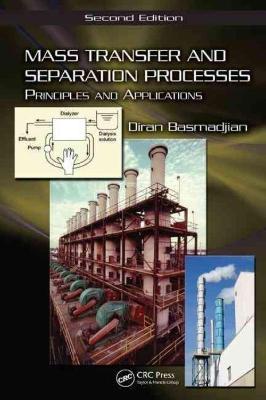-
-
-
- Architecture, Building and Carpentry
- Accounting and Finance
- Art and Design
- Audiology
- Biomedical Science
- Business
- Communications
- Creative Arts
- Education
- Engineering
- Environmental Science
- Exercise and Sports Science
- Health Research
- Health Science
- History
- Humanitarian, Emergency and Disaster Management
-
- CDU Merchandise
- CDU Internal Merchandise
- Graduation Gifts
- Quickstudy Guides
- Eco Friendly Products
- Everyday Essentials
- Giant Microbes Plush Toys
- Gifts
- Headphones, Speakers and Audio
- Identity Products
- Notebooks and Paper Products
- Calculators and Measuring Tools
- Stationery
- Uniforms and Apparel
- Wall Charts
- Writing Equiptment
-
-
- Login



